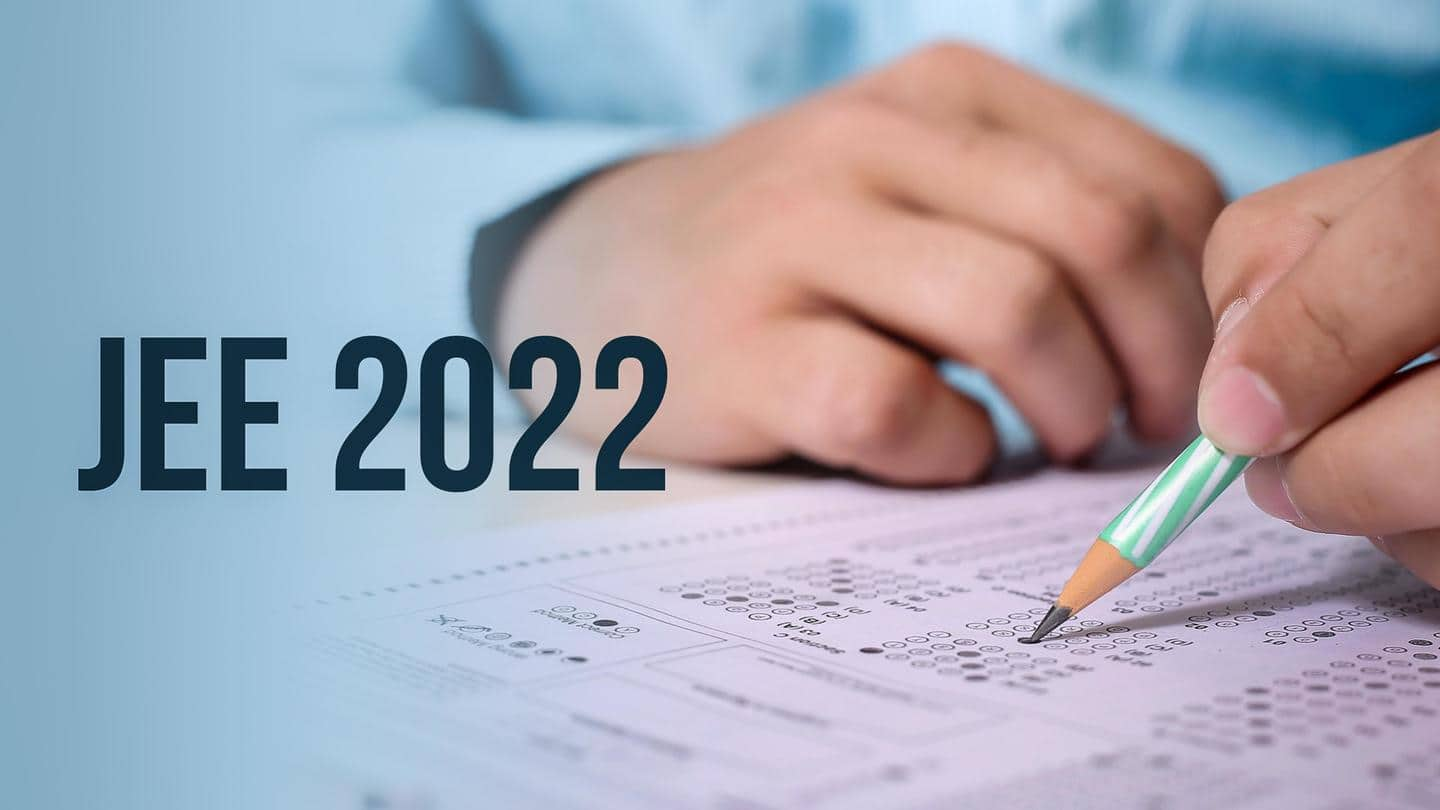
#JEE2022: 5 mistakes JEE aspirants should avoid at any cost
What's the story
The Joint Entrance Examination (JEE) is the most difficult engineering entrance exam that is conducted for admission to the country's top technical institutes. It consists of two levels: Main and Advanced. It is a difficult exam and aspirants must ensure there are no flaws in their preparation strategy in order to crack JEE. Here are some mistakes JEE aspirants should avoid at any cost.
#1
Don't start preparation late, have a proper study plan
One of the biggest mistakes aspirants make is starting their preparation late. They must start preparing early so that they have enough time and a systematic approach to cover the entire syllabus. They must know the latest syllabus, exam pattern, weightage, etc., and focus more on important topics as per weightage. . One should plan their study sessions properly and adhere to their schedule.
#2
Do not ignore NCERT books and basic concepts
Some JEE aspirants tend to study only from the entrance exam-related study material and advanced reference books and ignore basic concepts. However, one must avoid doing this as the basics are important. Also, instead of consulting too many books, they should collect some useful books to avoid confusion. They should first be thorough with NCERT books and then move on to advanced reference books.
#3
Not solving previous papers and not taking mock tests
Another mistake aspirants must avoid is not solving previous question papers and sample papers. They should solve question papers in a timed manner to familiarize themselves with the exam pattern, difficulty level, questioning trends, etc., and manage time better. They should take mock tests (especially NTA mocks) and analyze their performance on a regular basis, identify weak areas, and work on improving their performance.
#4
Here are some mistakes to avoid during the exam
One of the biggest mistakes students during the exam is not reading the given questions properly. Students tend to misread questions in a hurry or copy incorrect data and end up giving wrong answers. They might also make mistakes in calculations or get confused. This should be avoided, too. They should answer only those questions they are confident about to avoid negative marking.
Information
#5: Avoid getting stuck on difficult questions in exam
During the exam, students must also utilize time wisely. They may find some questions difficult, and in such situations, they should avoid getting stuck on those questions as it would be a waste of their time. Instead, they should move on to the remaining questions.